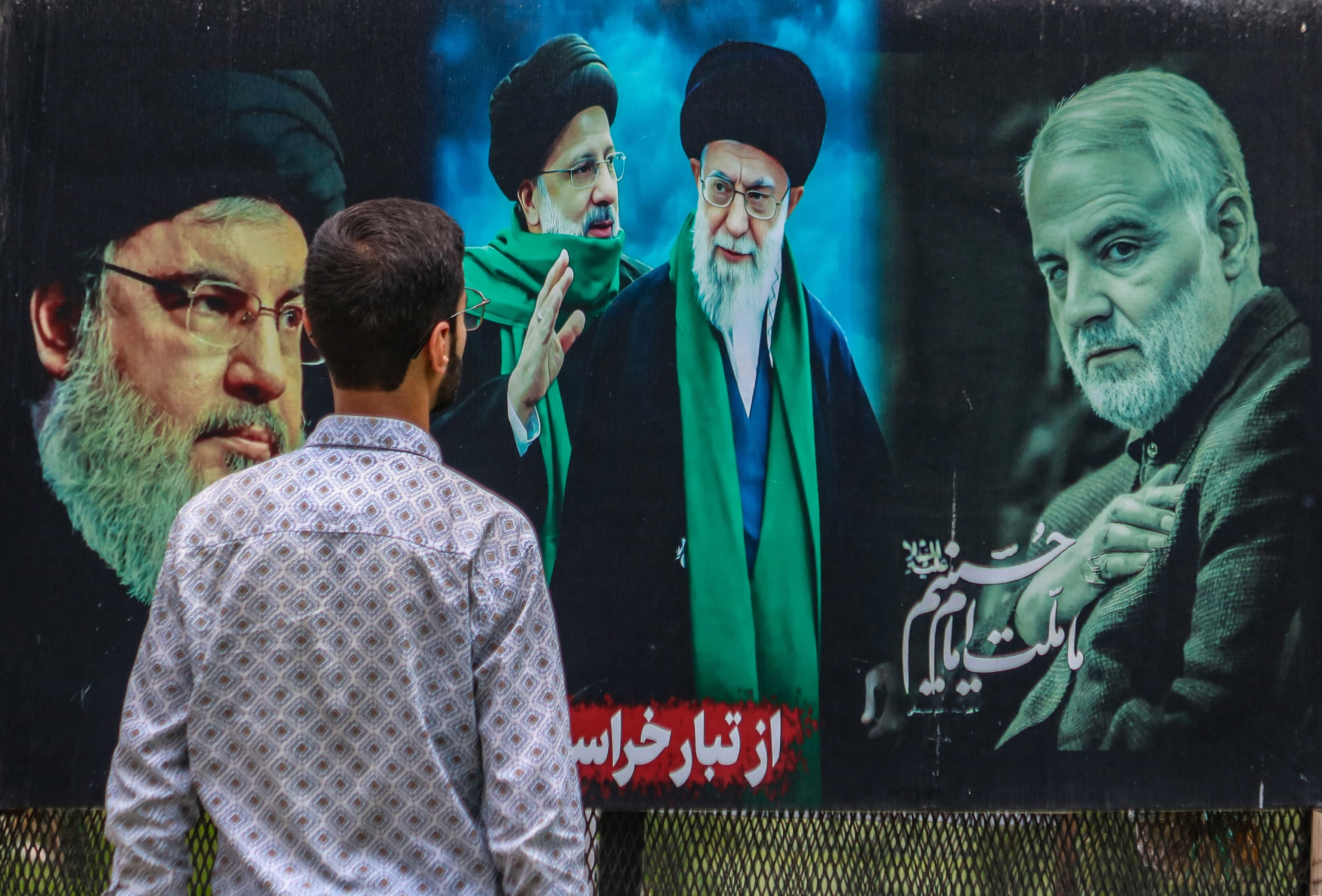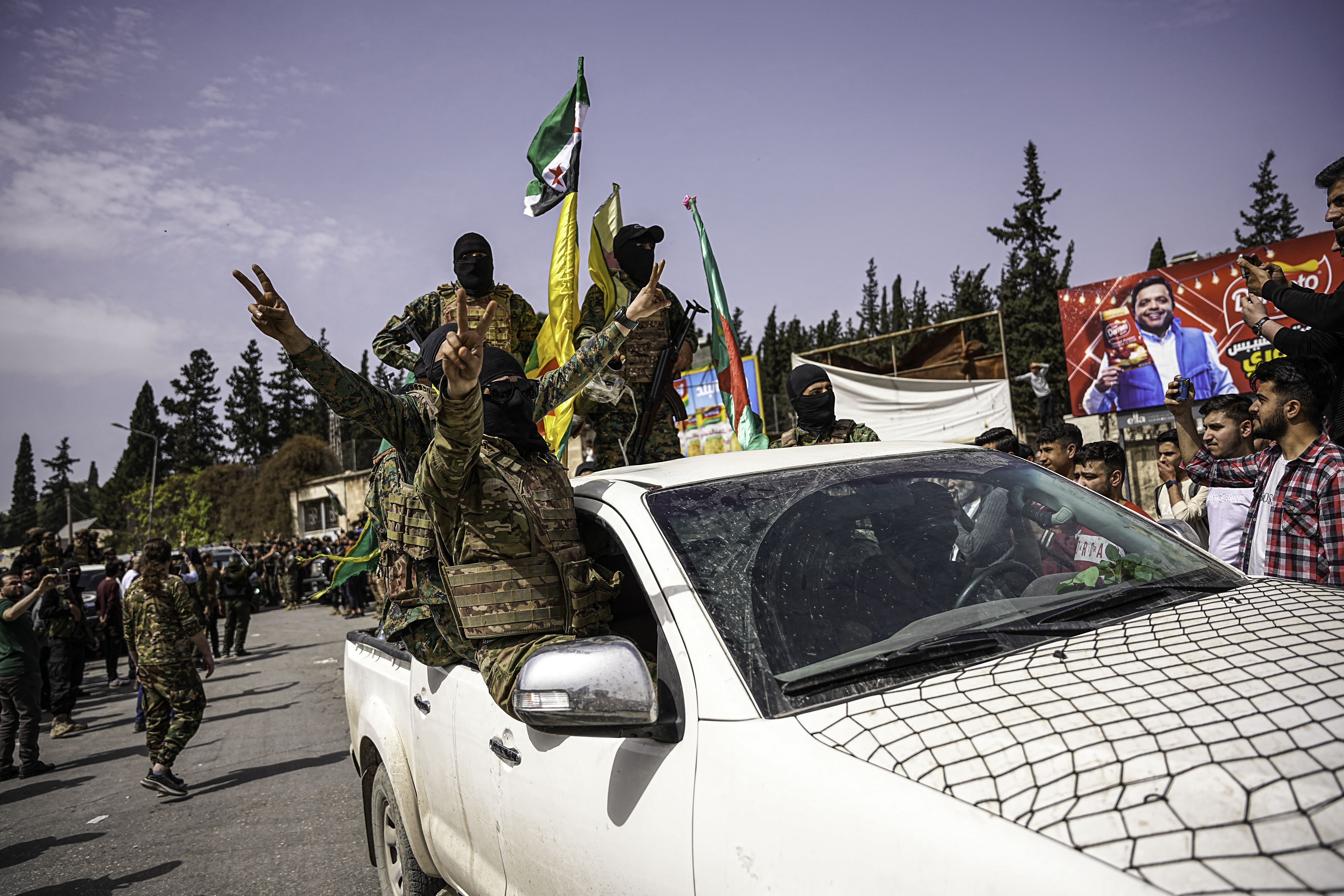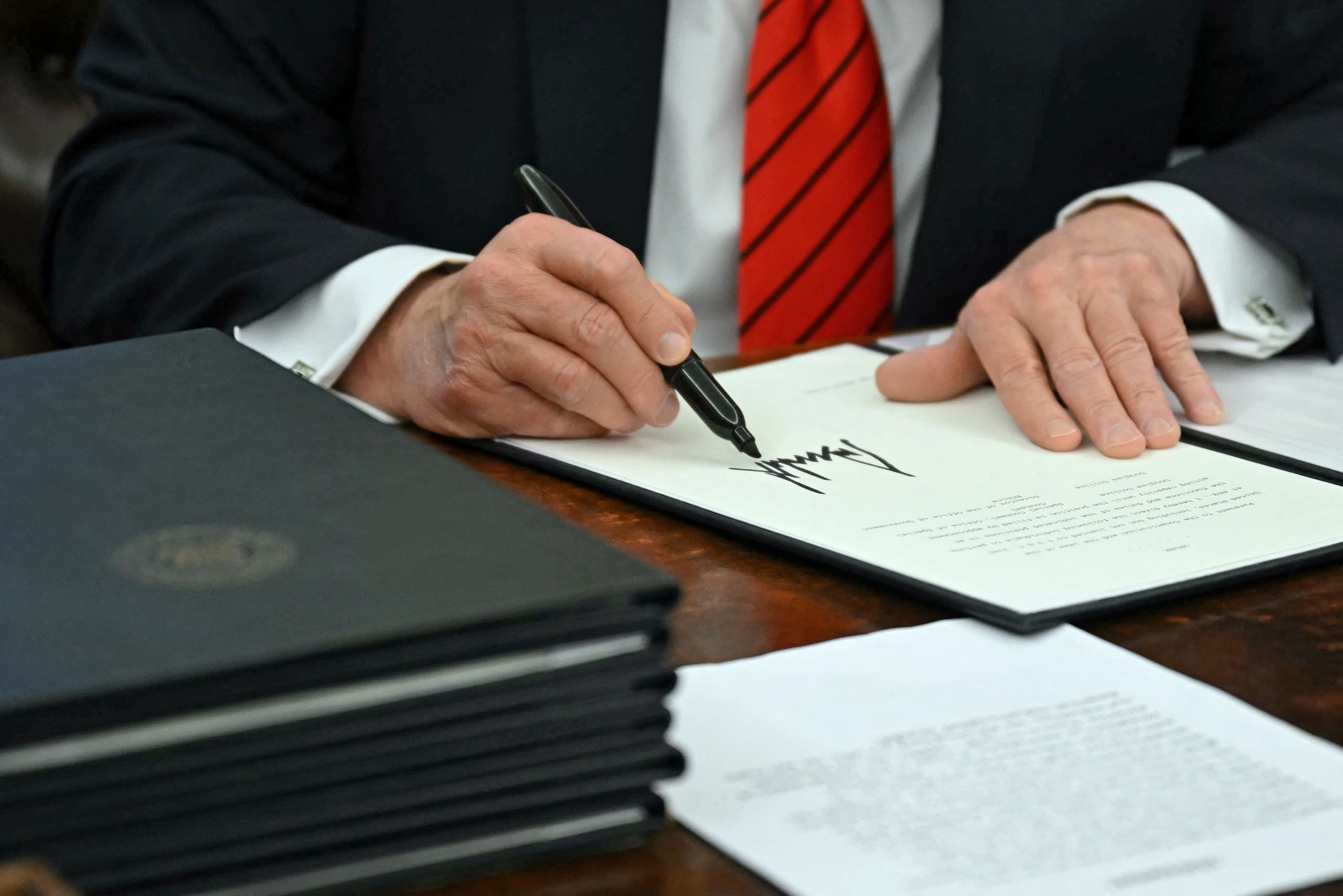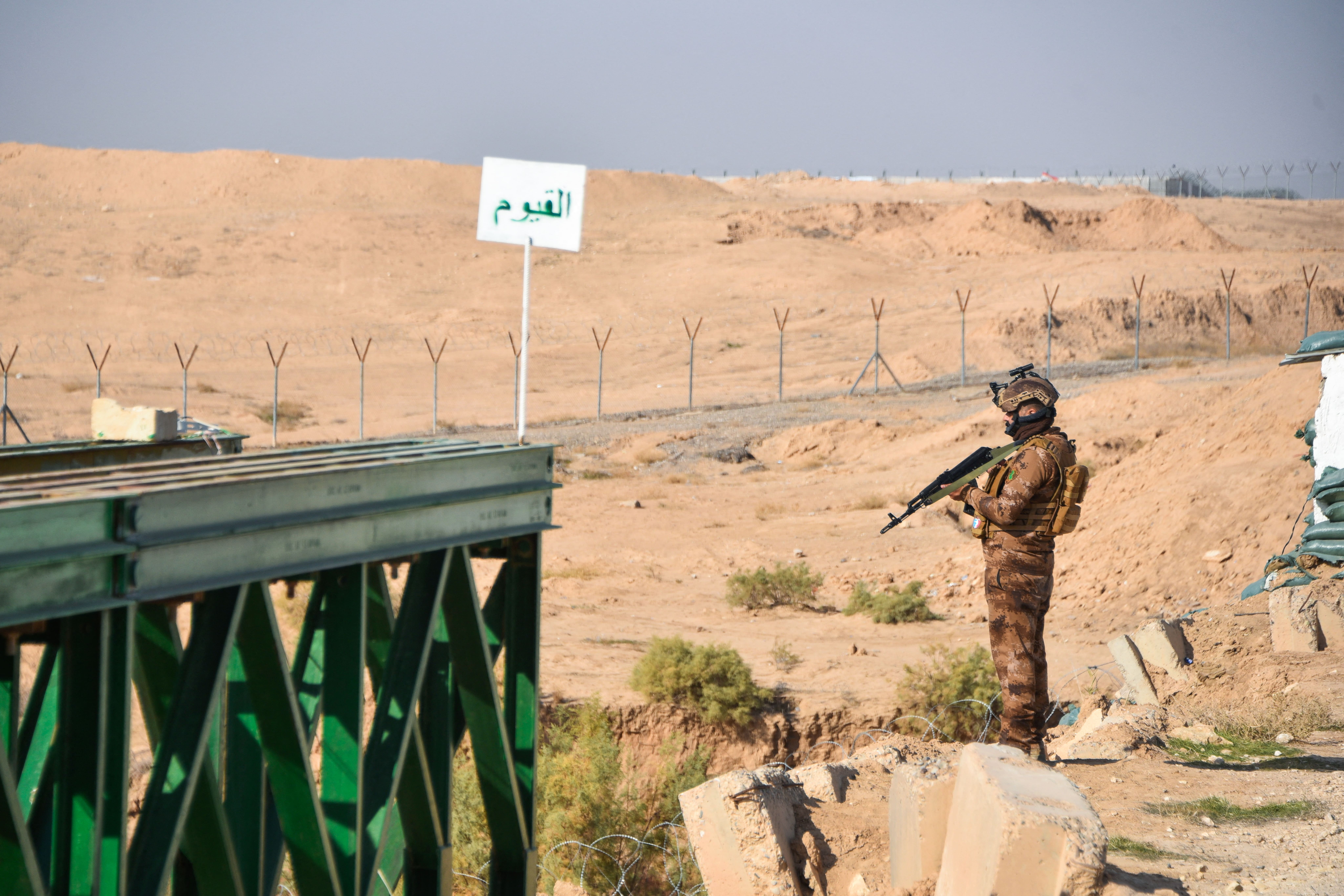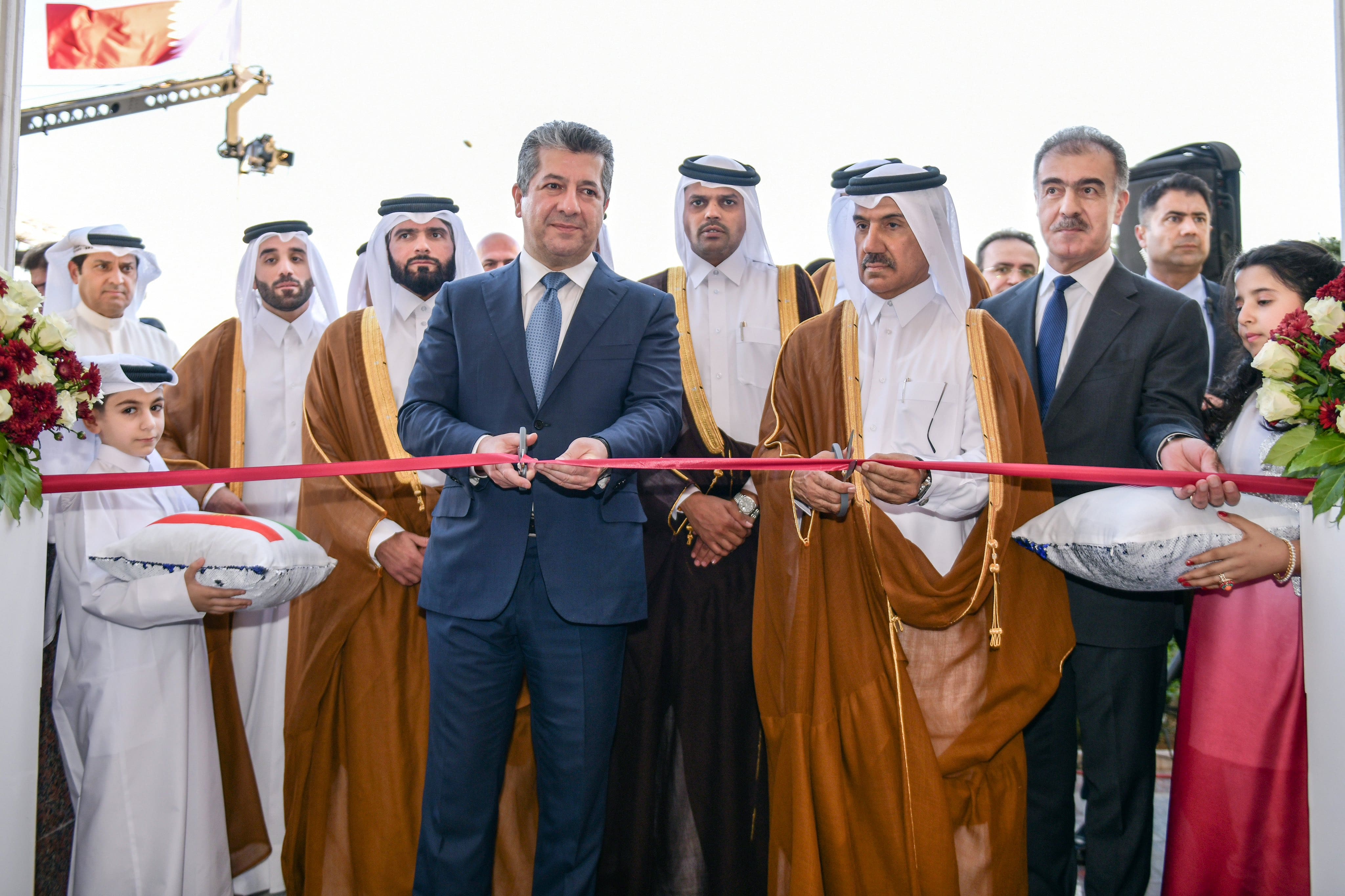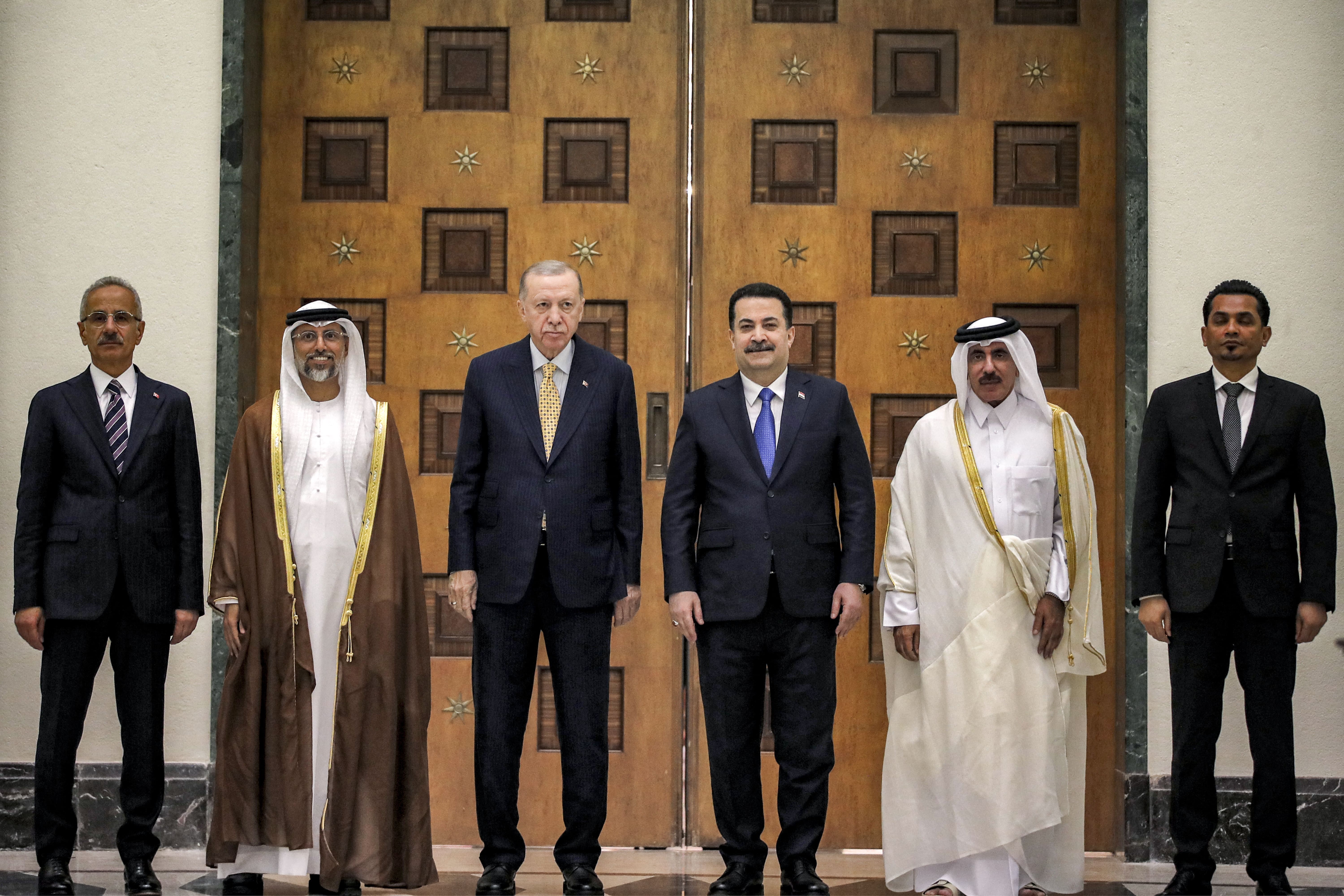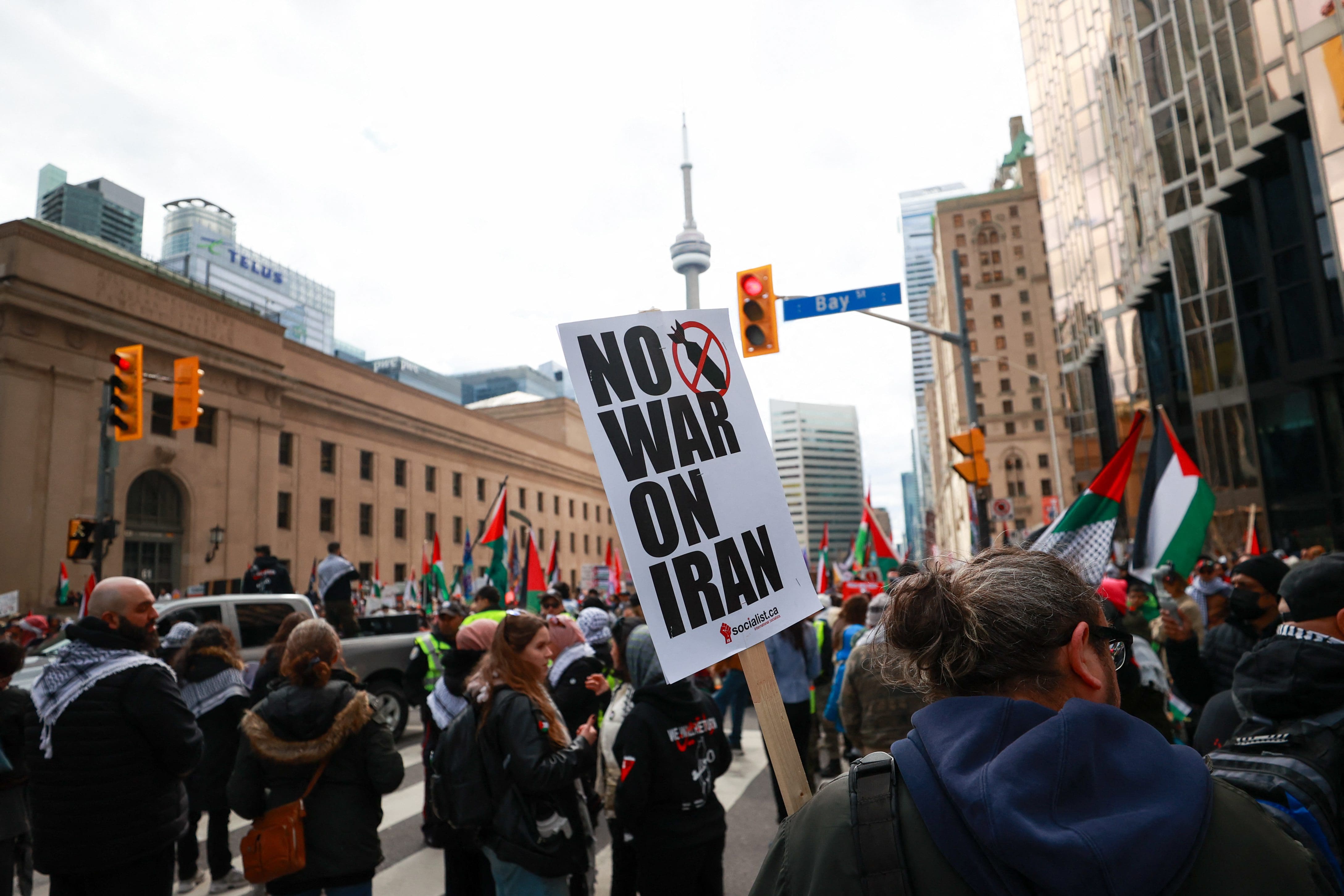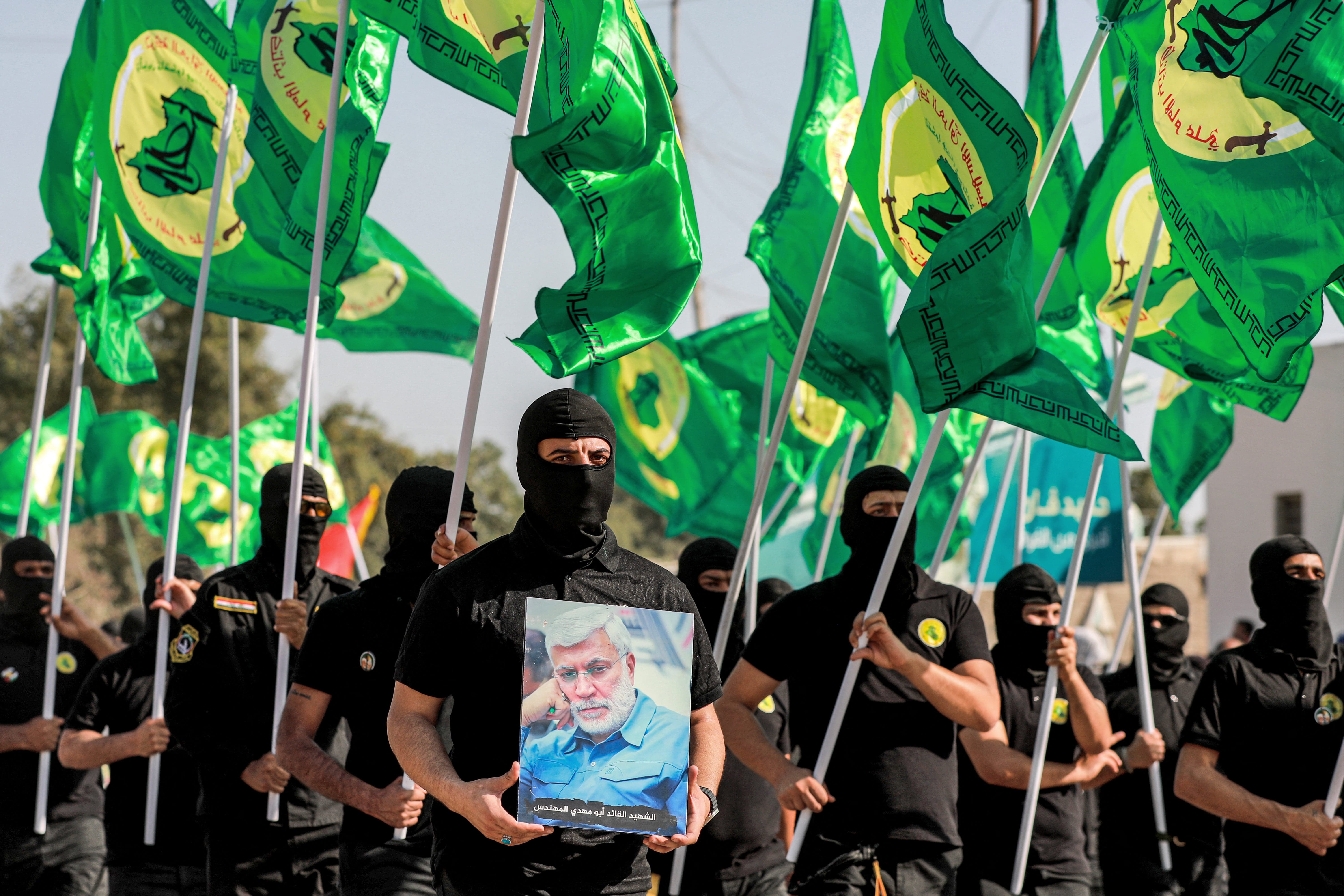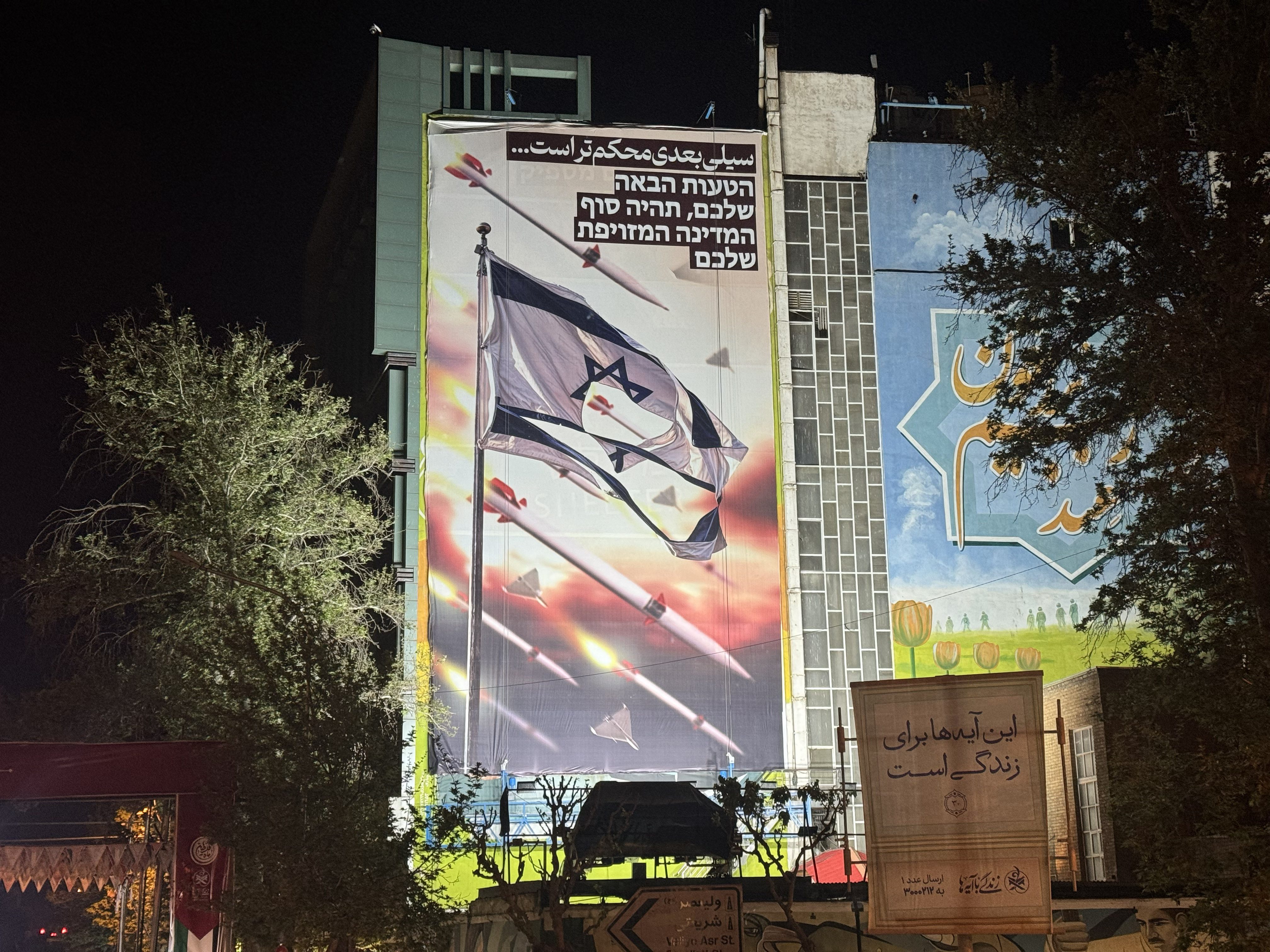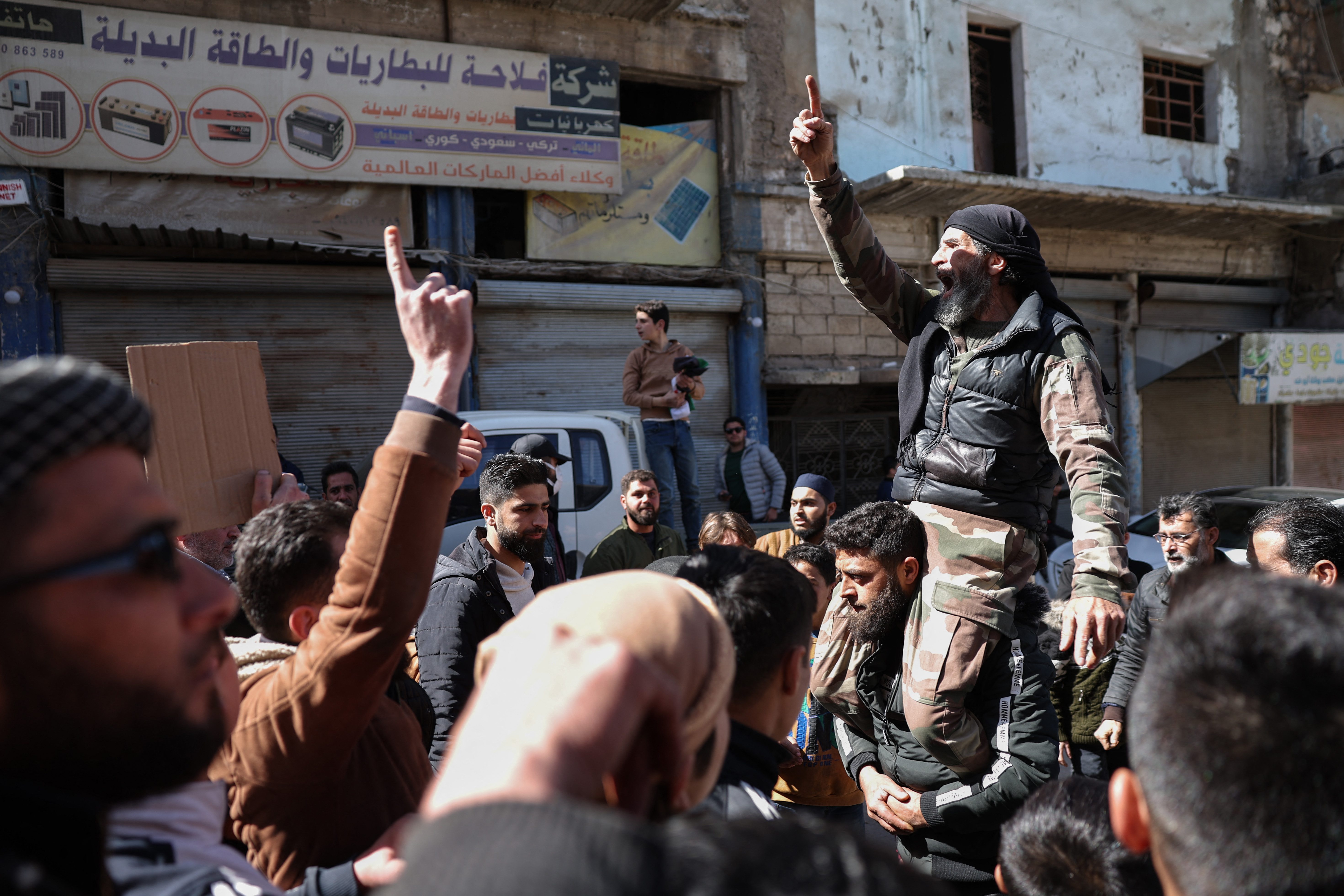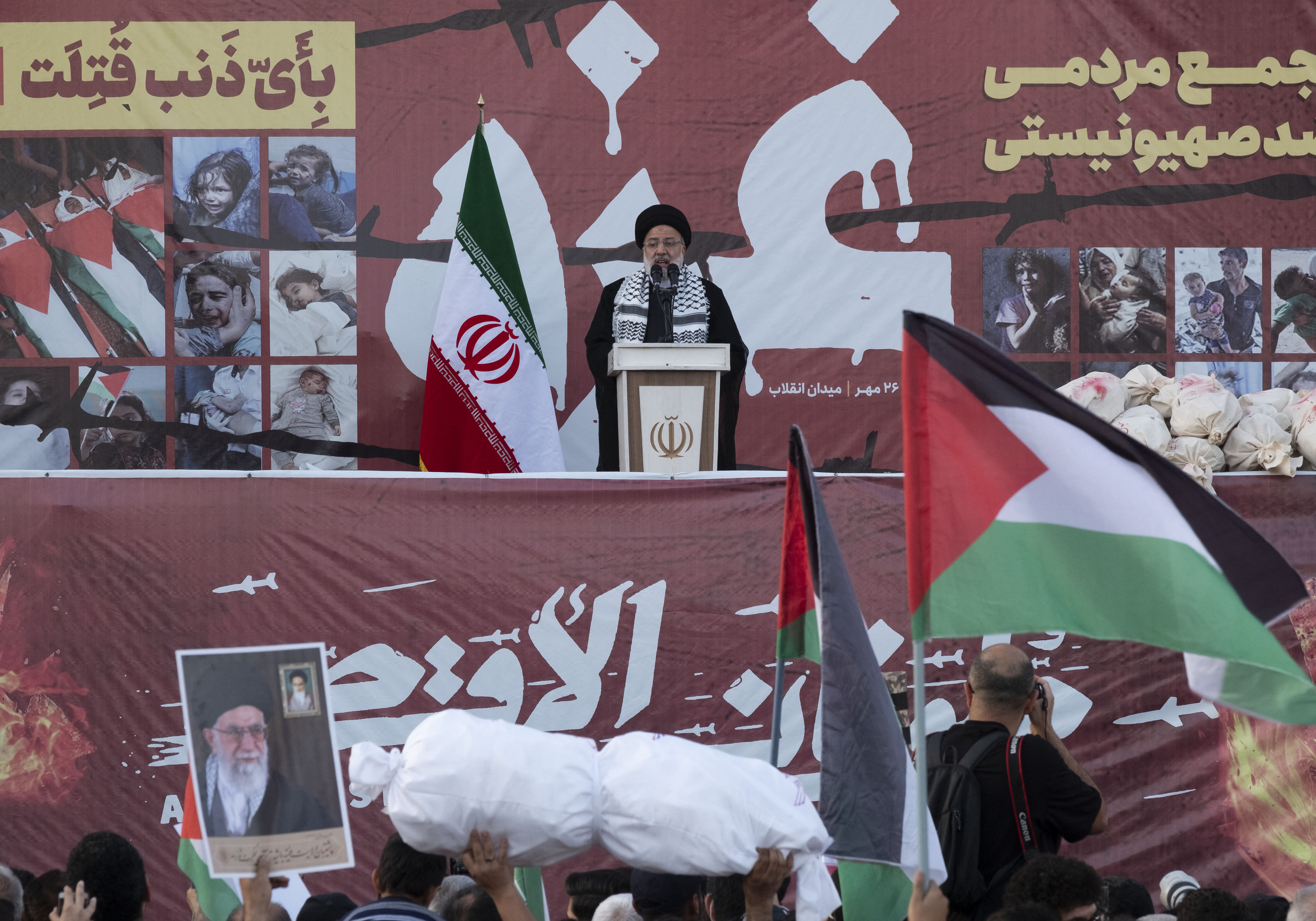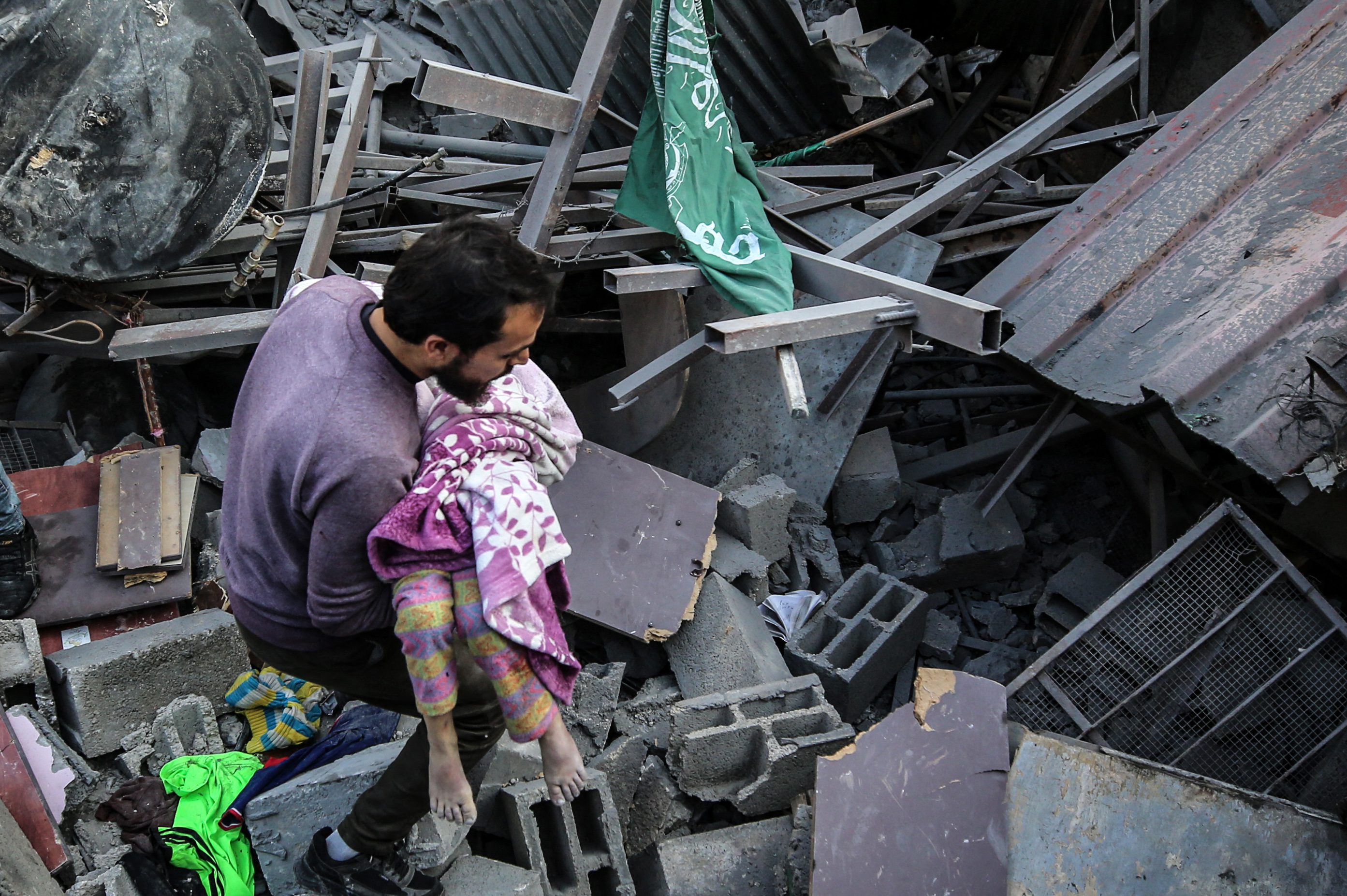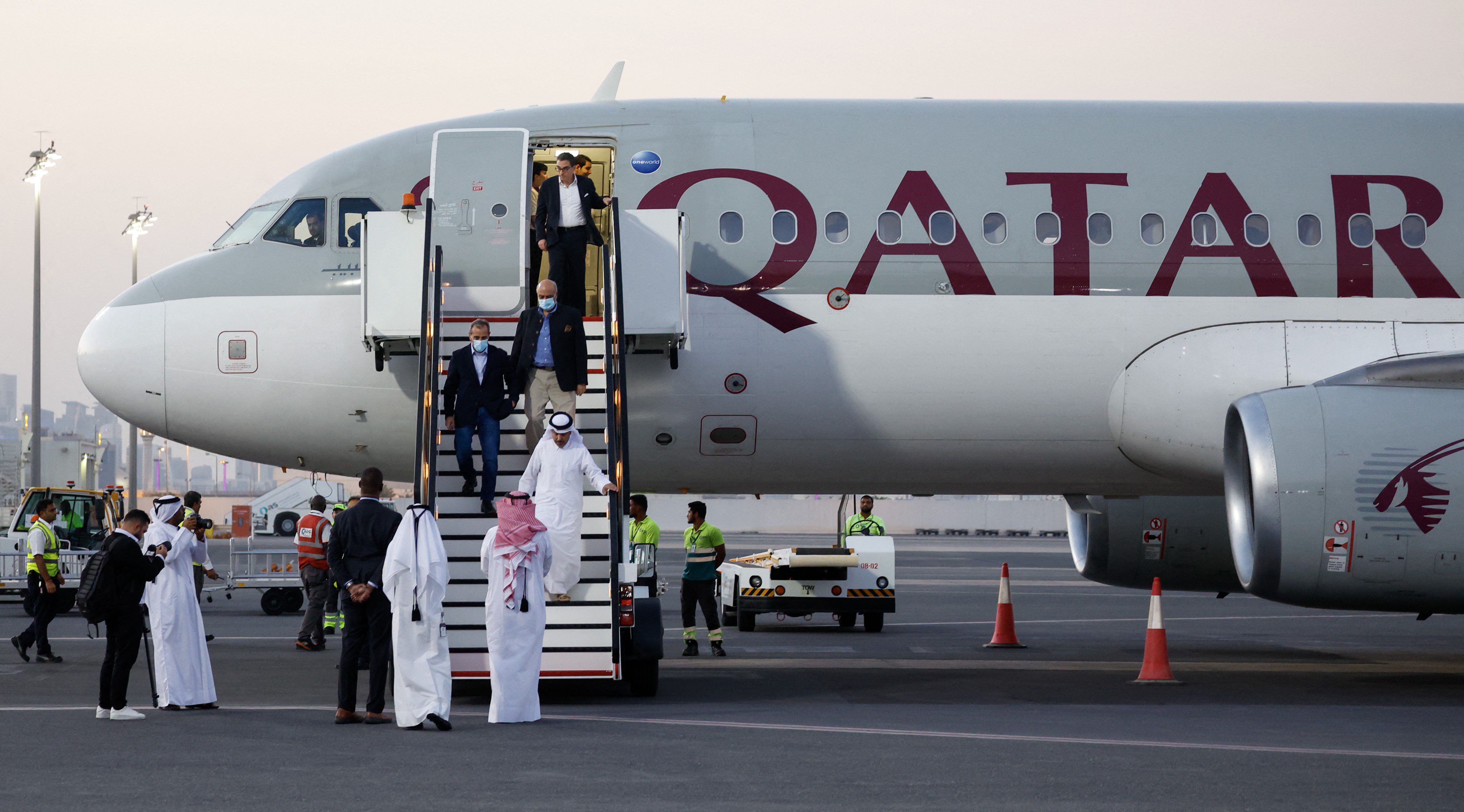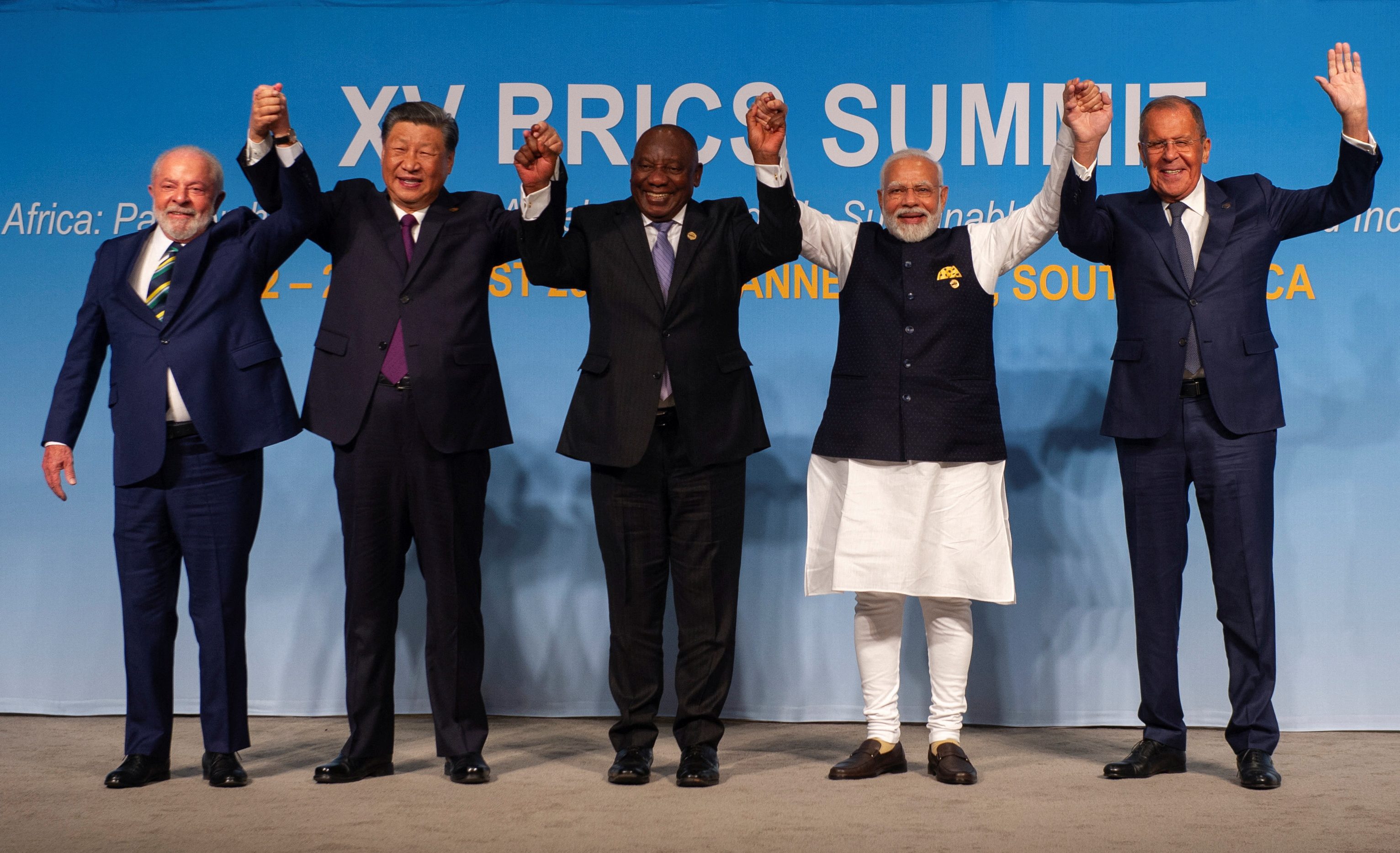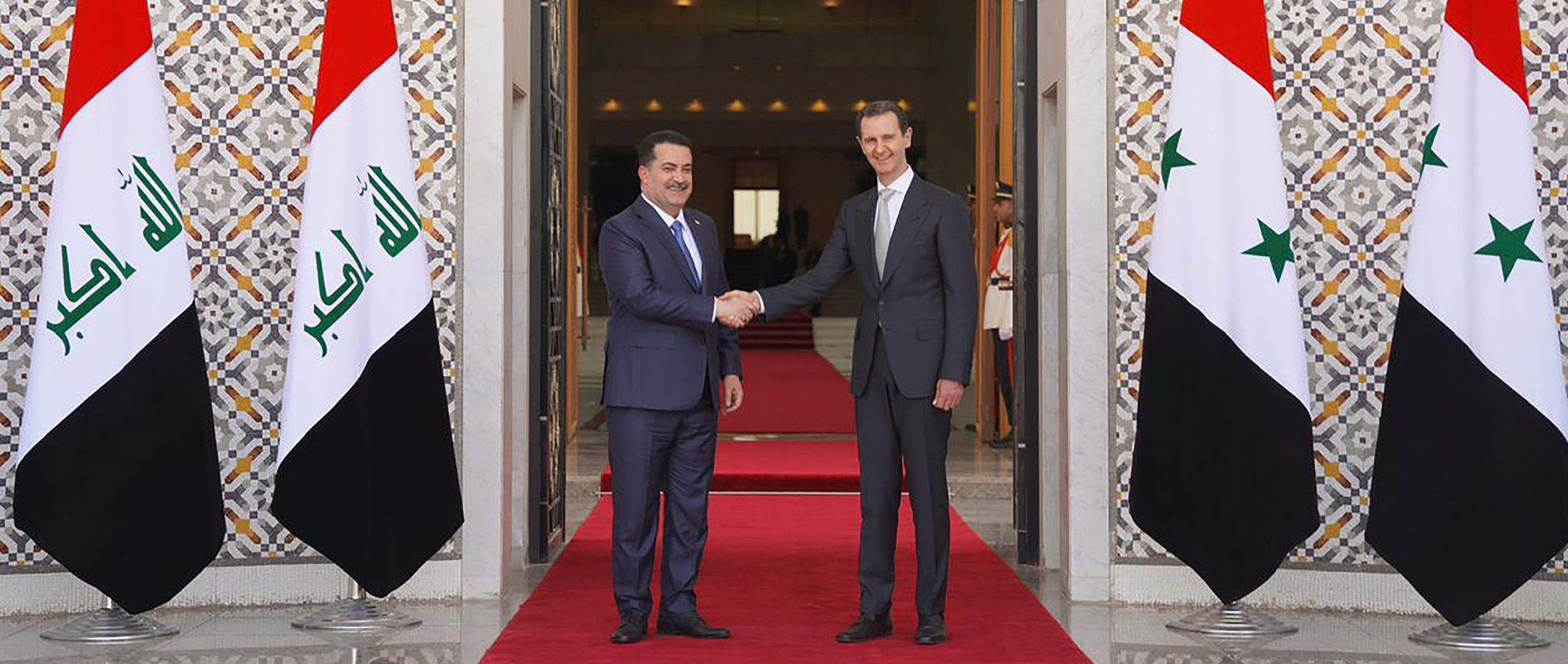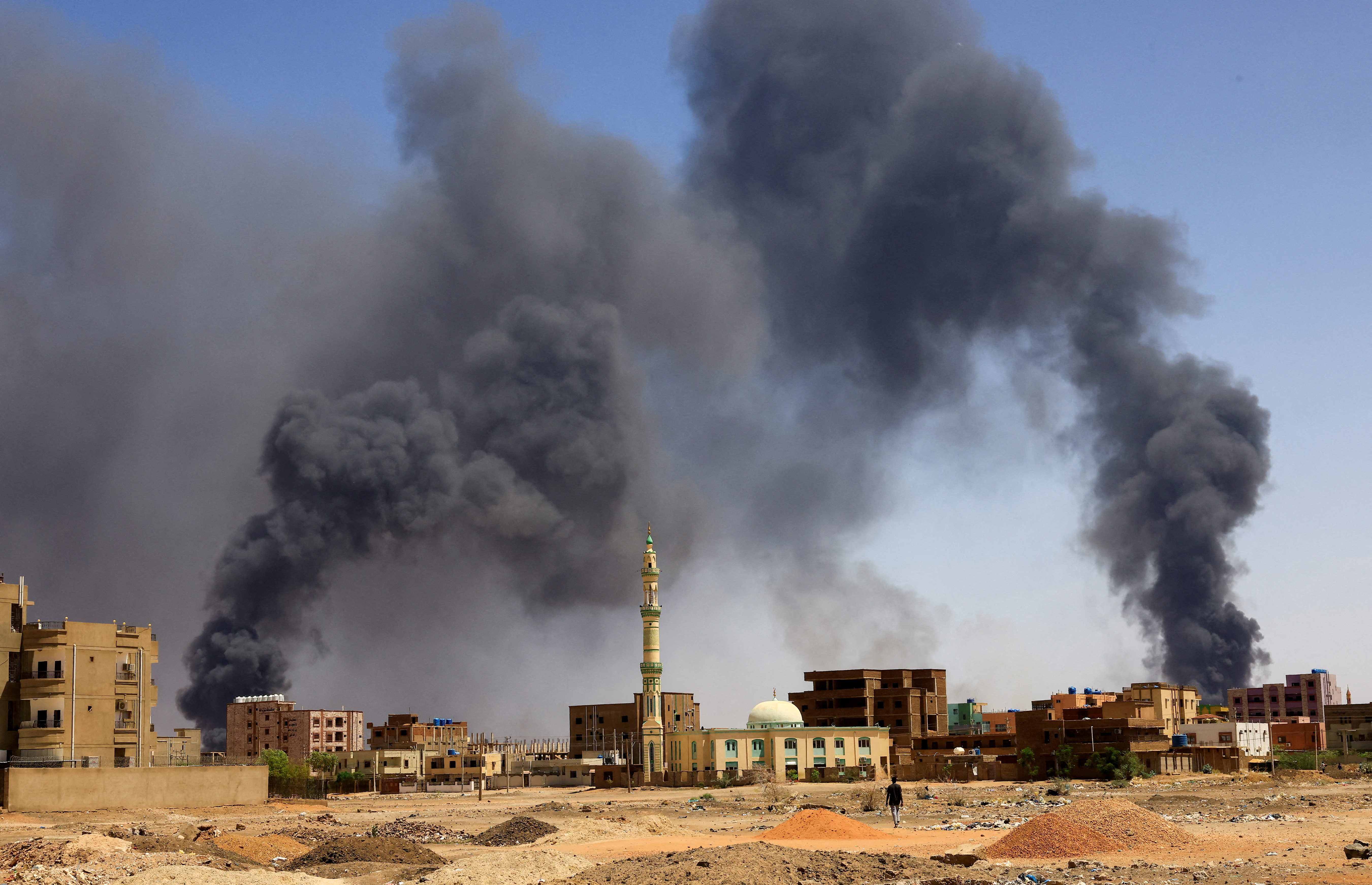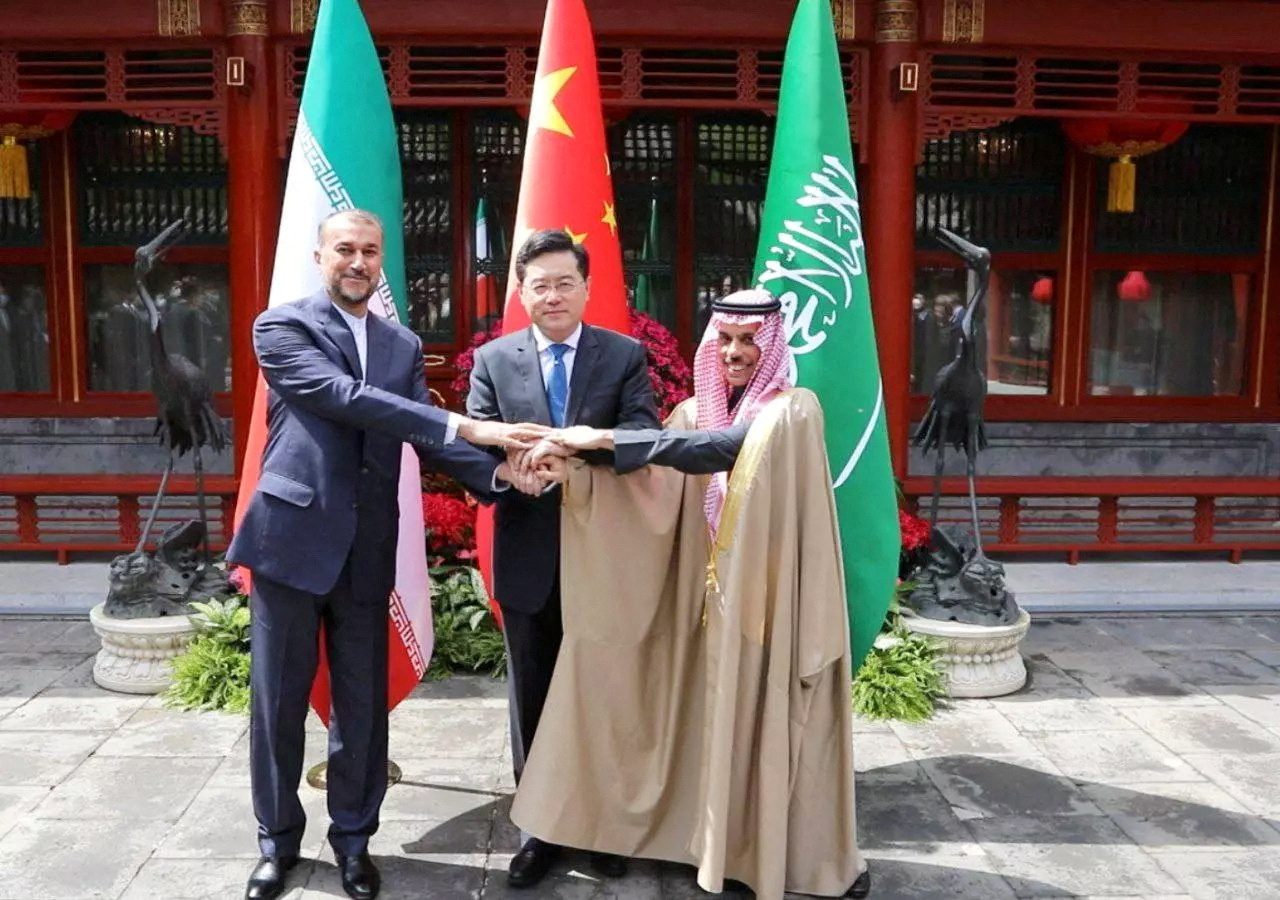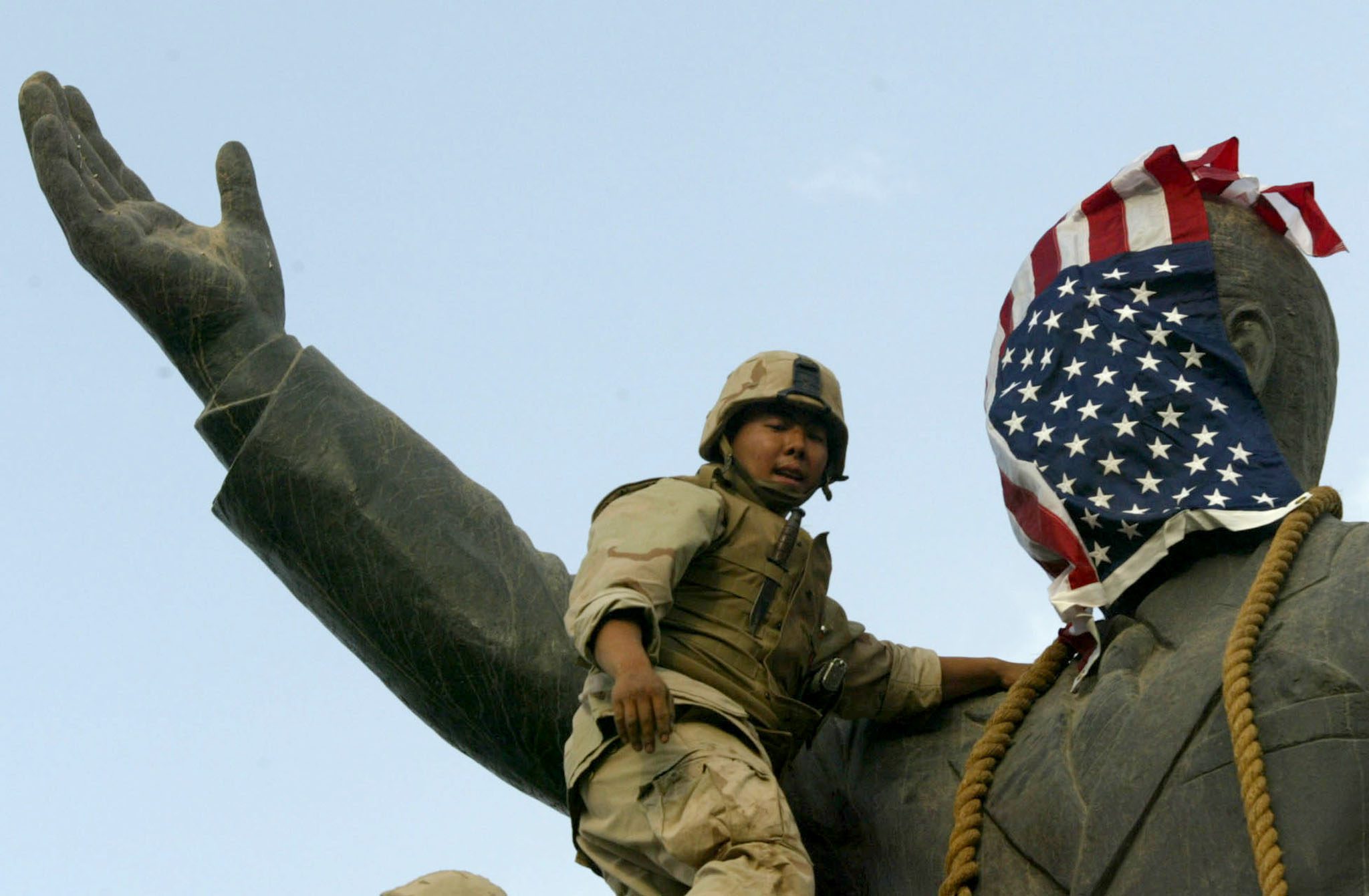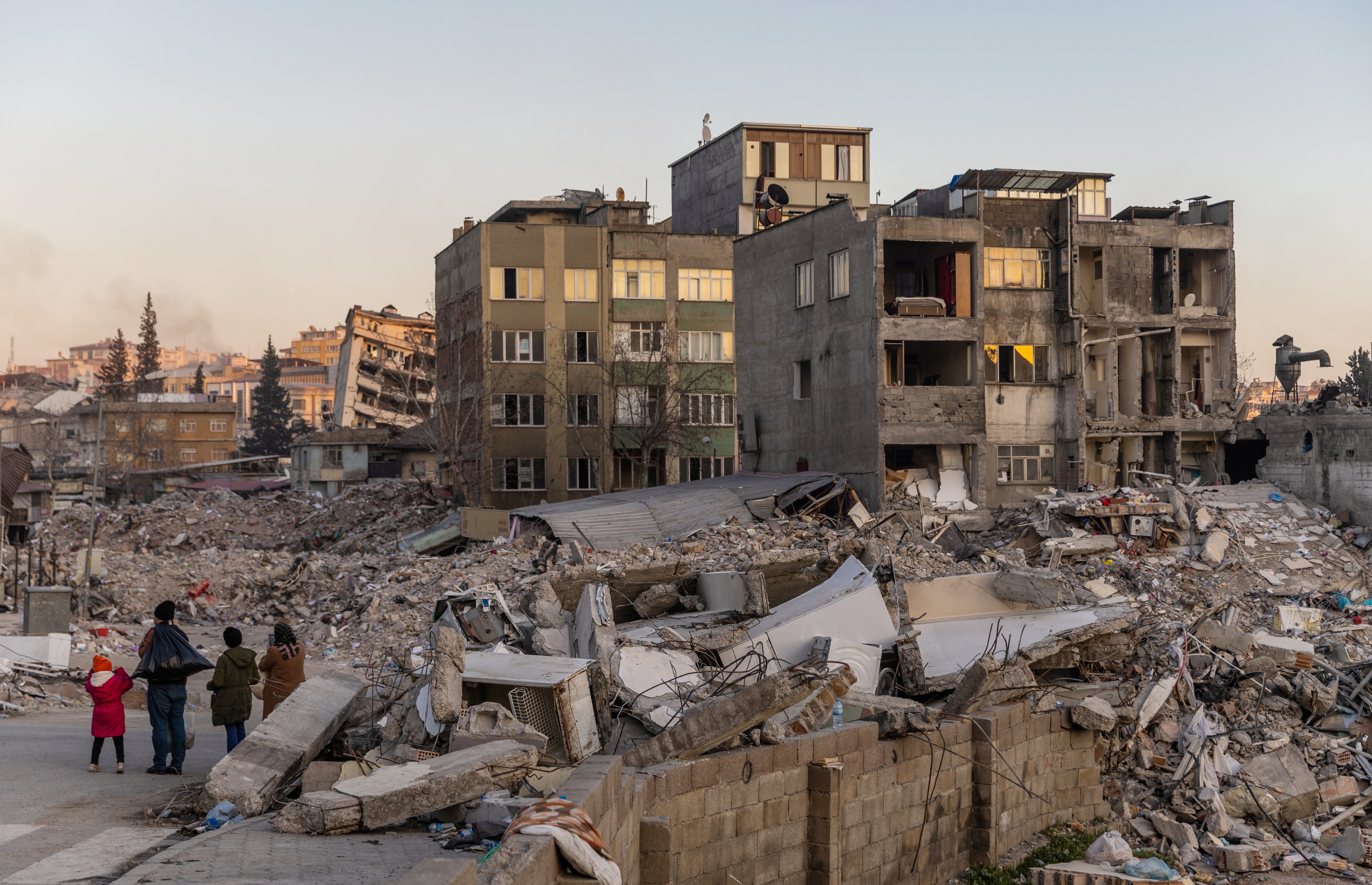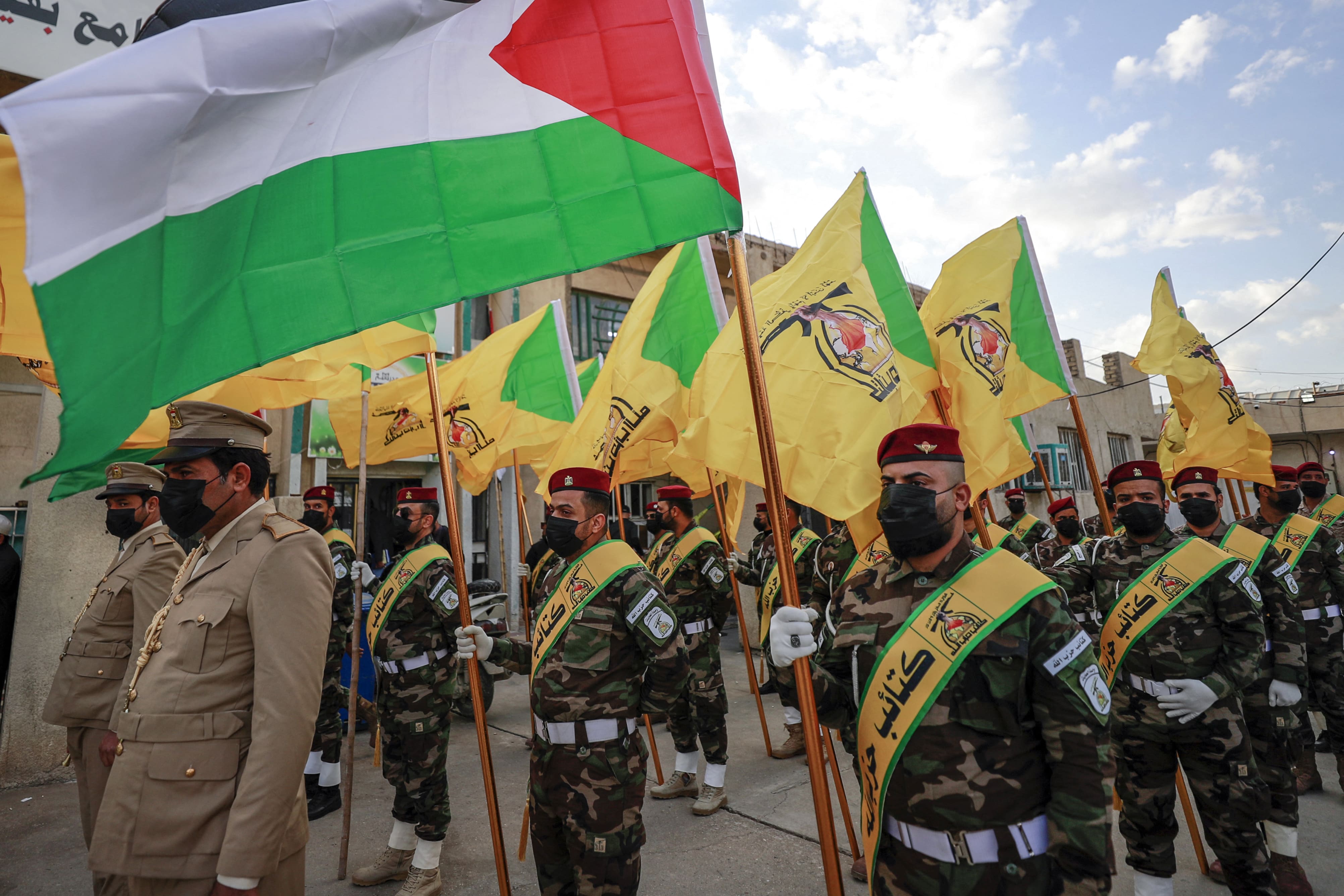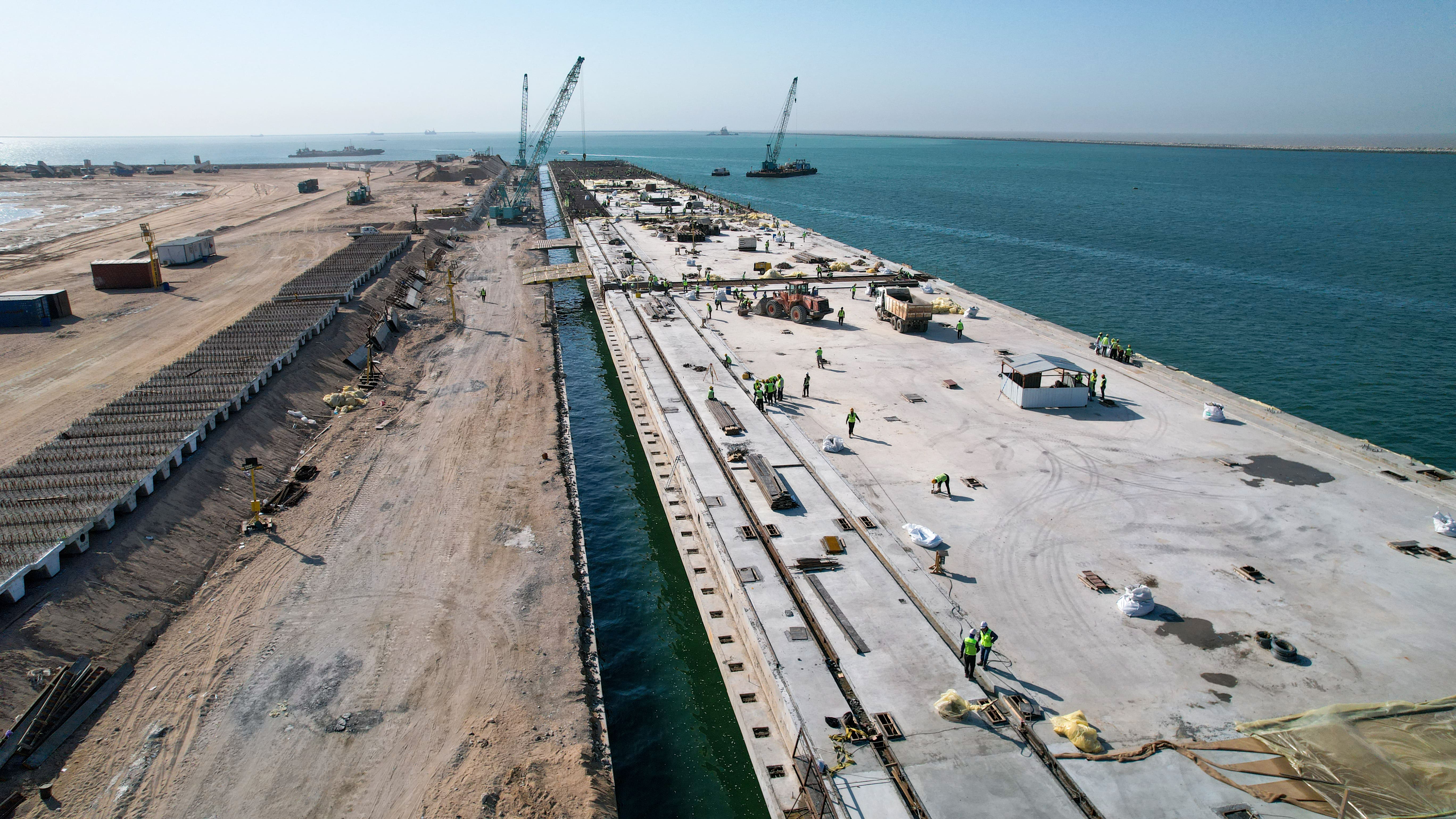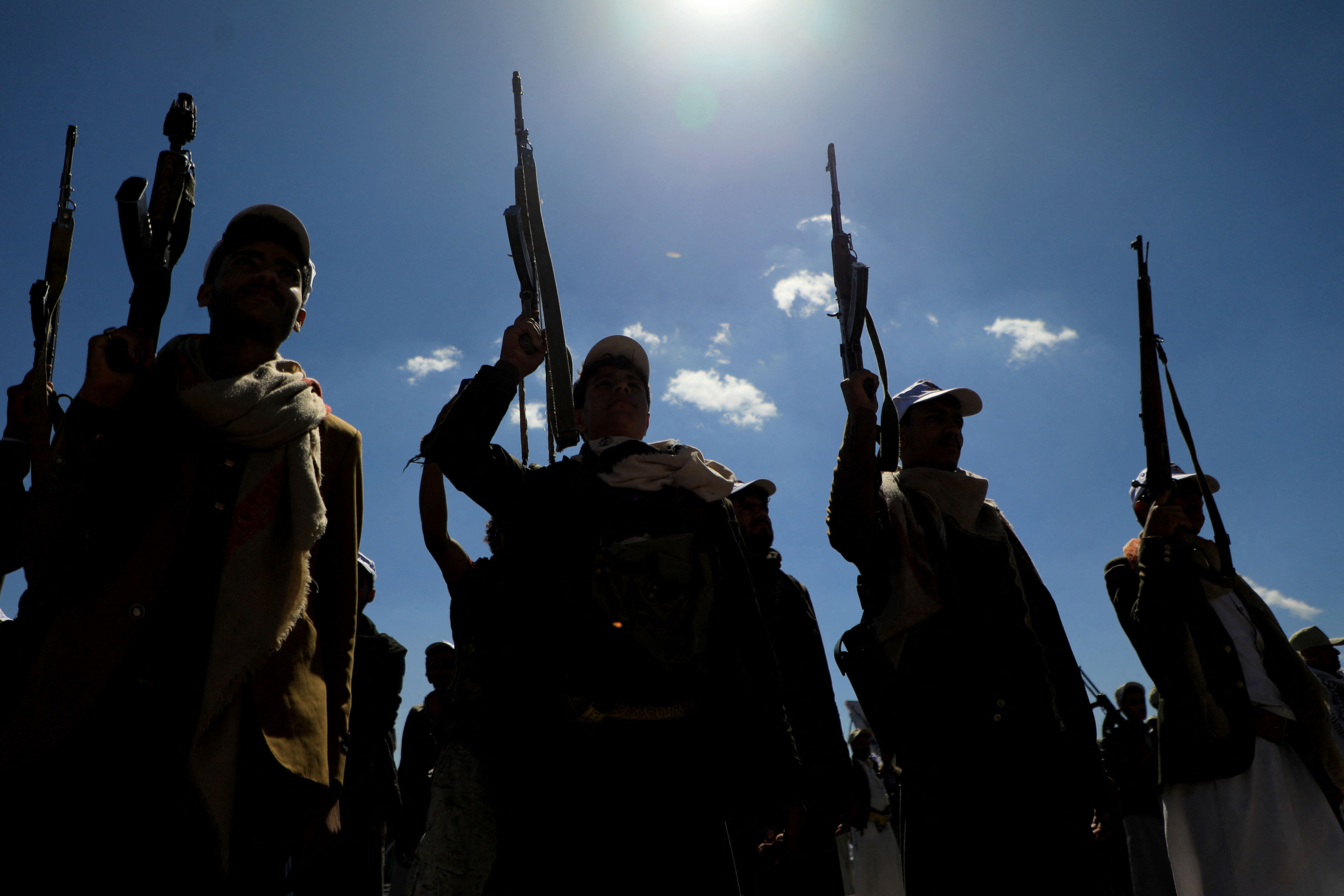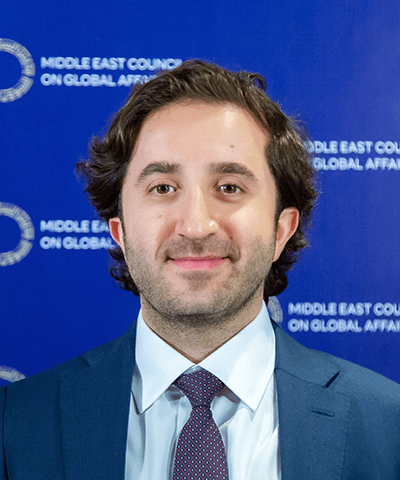
Ranj Alaaldin
Fellow
Bio
Ranj Alaaldin is a fellow at the Middle East Council on Global Affairs. He was previously a nonresident fellow at the Foreign Policy Program at the Brookings Institution in Washington D.C. and a visiting scholar at Columbia University. Alaaldin is a foreign policy specialist looking at issues of international security, good governance, climate-related security challenges, track II diplomacy, and the interplay between public policy and human security.
Alaaldin is also the director of Crisis Response Council, a Carnegie Corporation initiative focused on peacebuilding and de-escalation in the Middle East, and advises the World Bank on youth empowerment and the political economy of violence.
Alaaldin obtained his Ph.D. at the London School of Economics, where he also obtained degrees in International Law. He previously worked for a conflict mediation organization in the UK, was an associate fellow at King’s College London and an associate fellow at Oxford Research Group. He has led multiple research teams in the MENA region, including Iraq, Libya, Egypt, Jordan, and Turkey, conducting interviews with political and clerical figures, Shiite militias, and ISIS prisoners.
Alaaldin has written and led studies on post-conflict reconstruction, climate-related security threats, security sector reform, U.S. and European foreign policy for the World Bank, the Carnegie Corporation, and the Geneva Centre for Security Sector Governance. He has presented his work at the World Bank, the House of Commons, and the UK Foreign Affairs Committee. Alaaldin has published in academic journals and edited volumes and writes for the New York Times, Washington Post, Wall Street Journal, Foreign Affairs, and Foreign Policy.
Research Areas
- International security
- Good governance
- Post-conflict recovery
- Conflict resolution
Countries of focus
- Iraq
- Syria
- Iran
- GCC
Other Areas of Interest
- Public policy
- EU foreign policy
- Armed groups
- Climate change
Education
- Ph.D., International History, London School of Economics and Political Science, 2017
- L.L.M., Public International Law, London School of Economics and Political Science
- L.L.B., Department of Law, University of Hertfordshire

